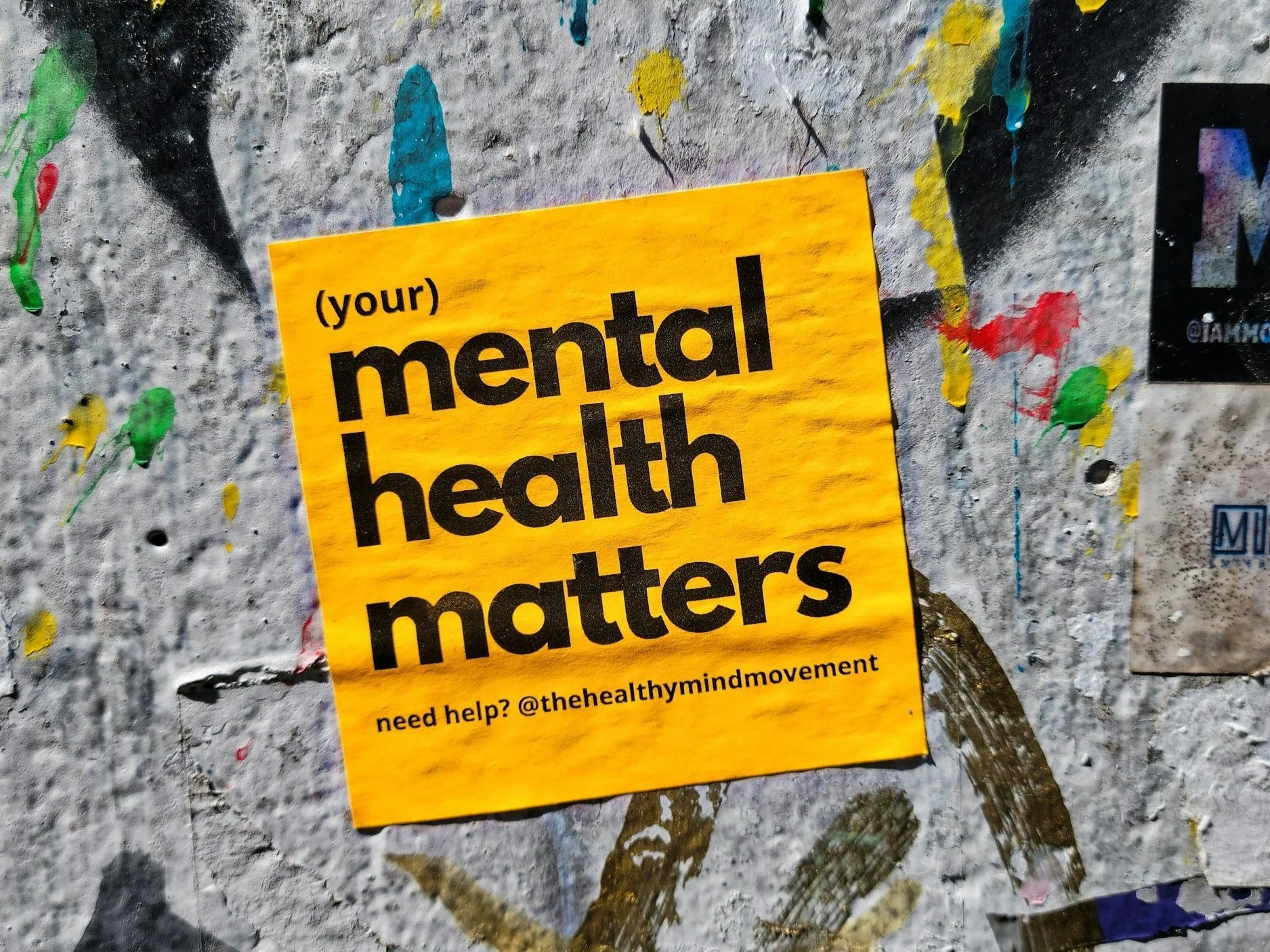The Power in Returning to Therapy
In life, we go through countless transitions: childhood to adolescence, adolescence to adulthood, and beyond. Each stage brings new challenges. While some changes are manageable, others can feel overwhelming or deeply painful. If you’ve ever been in therapy, are in therapy now, or are considering starting, this is a reminder that returning to therapy is not a sign of failure but it’s a mark of strength.
Let’s consider a hypothetical. A young adult grows up in a high-pressure environment where financial success is everything. In college, they start therapy due to overwhelming anxiety. With support and some CBT tools, they start to feel better. They graduate, land a job, find a partner and eventually, they’re expecting their first child.
Suddenly, the anxiety returns. It feels familiar, but this time they think, “I’ve done therapy. I should know how to handle this.” Instead of seeking help, they try to push through. The anxiety worsens, and soon they feel distant from both their partner and their child.
Now imagine a different version of this story, one where they recognize the return of their anxiety and decide to re-engage in therapy. This time, they explore deeper childhood wounds that were never fully addressed. With new insight and tools, they reconnect with themselves and feel ready to show up as the parent they want to be.
Therapy isn’t one-size-fits-all, and our needs evolve. Maybe you once went to therapy to navigate a breakup, and years later you need support for trauma or grief. Maybe you worked through early adulthood challenges and now, at age 80, you’re grappling with existential questions. These are all valid reasons to return.
Going back to therapy doesn’t mean you failed — it means you’re listening to yourself. It’s a sign that you know what you need and are brave enough to ask for it. That’s not weakness. That’s growth.

